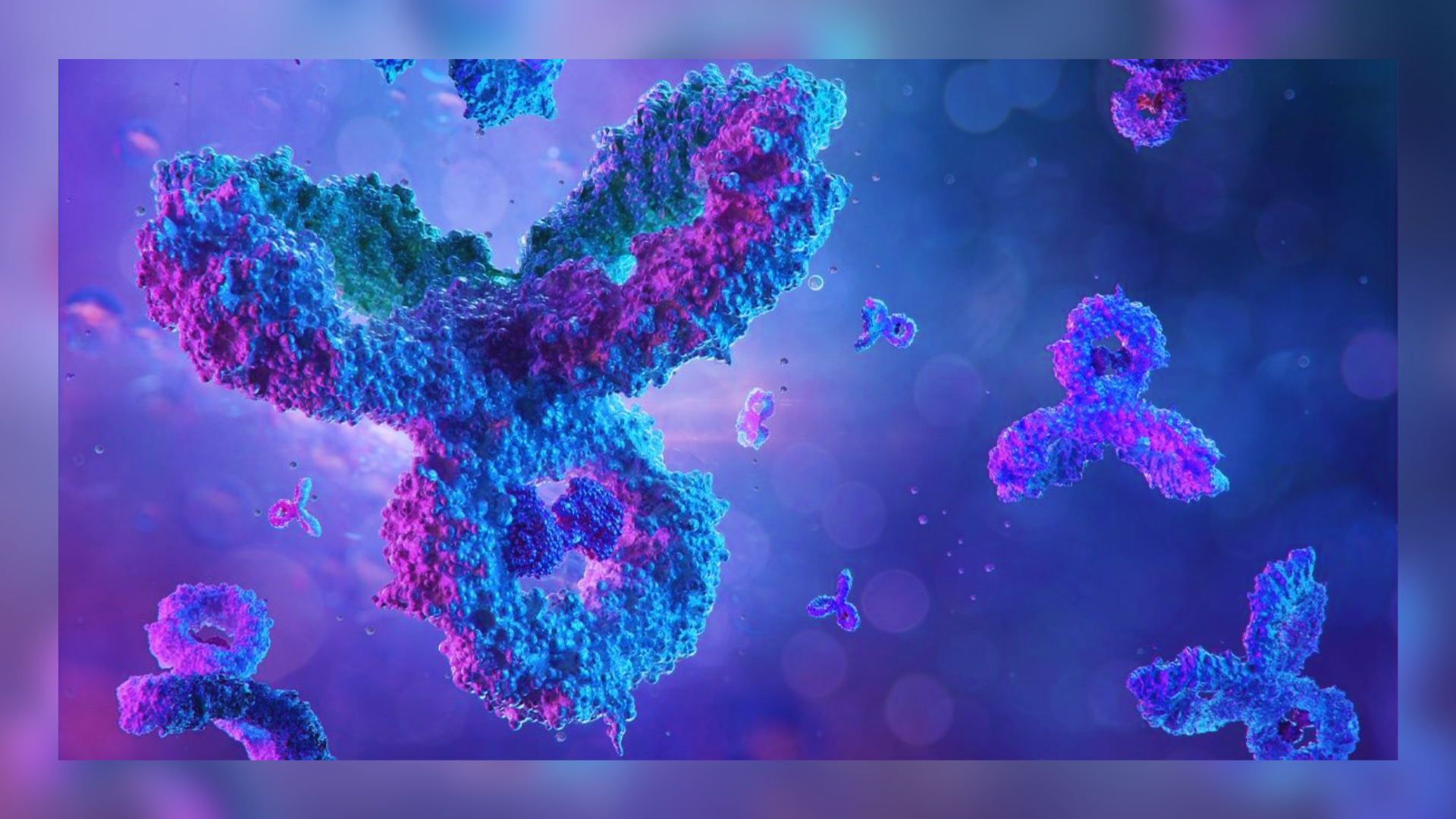A new study shows that about two per cent of the population develop autoantibodies against type 1 interferons, mostly later in life. This makes individuals more susceptible to viral diseases like COVID-19. The study, conducted by University of Zurich (UZH) researchers together with a USZ team, is based on an analysis of a large collection of historical blood samples.
Virus infections cause immune cells to produce type 1 interferons. These proteins function as early messengers, informing uninfected cells and tissues that a virus is spreading. This permits cells to prepare to resist the virus when it reaches them.
Severe viral infections can arise in people with a compromised type 1 interferon system because the body is unable to mount a complete defense. According to recent studies, between 5 to 15% of persons hospitalized with severe Covid-19 or influenza had a type 1 interferon response deficit. This is because their blood includes autoantibodies, which are antibodies that target a person’s structures and bind to type 1 interferon, preventing the messenger from operating.
“With our study, we wanted to find out what causes the immune systems of some people to turn against themselves and to also understand the consequences of having autoantibodies against type 1 interferons,” says study head Benjamin Hale, professor at the Institute of Medical Virology of the University of Zurich (UZH).
READ MORE: SpaceX’s $680 Million Mission: Crashing the International Space Station Into The Sea
His research team used a very large collection of frozen blood samples from the Swiss HIV Cohort Study, originally donated for research on HIV infection. They analyzed the samples of around 2,000 adults who had donated blood samples twice a year for several decades. “This study was only possible because of this unique biobank of stored longitudinal blood samples and well-curated clinical data,” says Hale. The fact that the donors were people living with HIV had no relevance to the results because in this cohort the virus was suppressed by treatment.
First, the UZH team analyzed the blood samples for the presence of autoantibodies against type 1 interferons to find out who had developed the autoantibodies, when this occurred, and how long these autoantibodies lasted in the blood.
The analysis revealed that around two per cent of individuals produced autoantibodies against type 1 interferons in their lifetime and that this typically occurred between the ages of 60 to 65. This confirms prior studies that reported that the prevalence of autoantibodies against type 1 interferons might increase with age.
Next, by studying clinical data, researchers at the Department of Infectious Diseases and Hospital Epidemiology of the University Hospital Zurich (USZ) were also able to understand which factors contributed to the development of autoantibodies against type 1 interferons. The individuals who developed them appeared to be prone to also producing antibodies against other proteins formed by their own bodies. This so-called loss of self-tolerance can occur in some people as they age.
“These individuals may produce antibodies against their own type 1 interferons because they are both prone to making autoantibodies and are exposed to high levels of type 1 interferons, for example, because their immune system produces interferons against other infections at the time,” supposes Hale.
Importantly, the study found that once developed, these autoantibodies remained detectable in the blood of individuals for the rest of their lives. People with autoantibodies against type 1 interferons, even when they had developed them as far back as in 2008, were more likely to suffer from severe COVID-19 in 2020.
“These autoantibodies have consequences for individuals decades later, leading to a compromised type 1 interferon system and reduced immunity against viruses,” says Hale.
Understanding these risk factors might lead to future diagnostic tests that can identify older individuals who are more prone to developing this deficiency, and therefore help with measures to prevent autoantibodies ever developing. Identifying individuals with autoantibodies against type 1 interferons could also help to prioritize these people for vaccines or antivirals to prevent severe viral infections.
(Except for the headline, this story has not been edited by Newsx staff and is published from a syndicated feed.)
ALSO READ: New Predictive Tool Offers Hope for Alzheimer’s Prognosis




